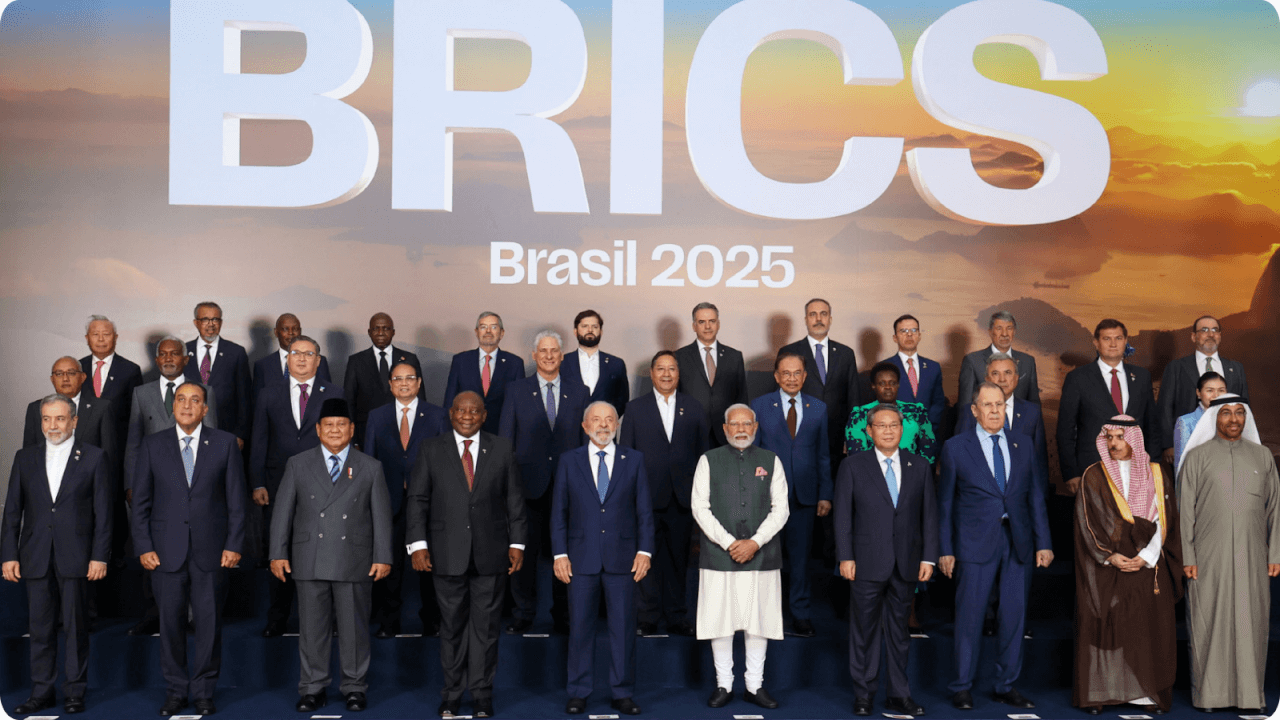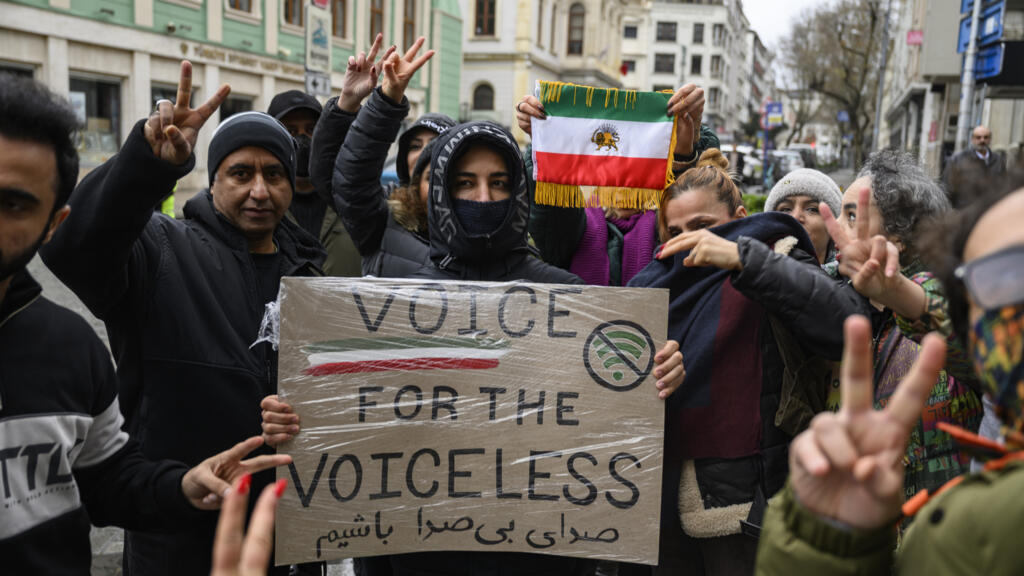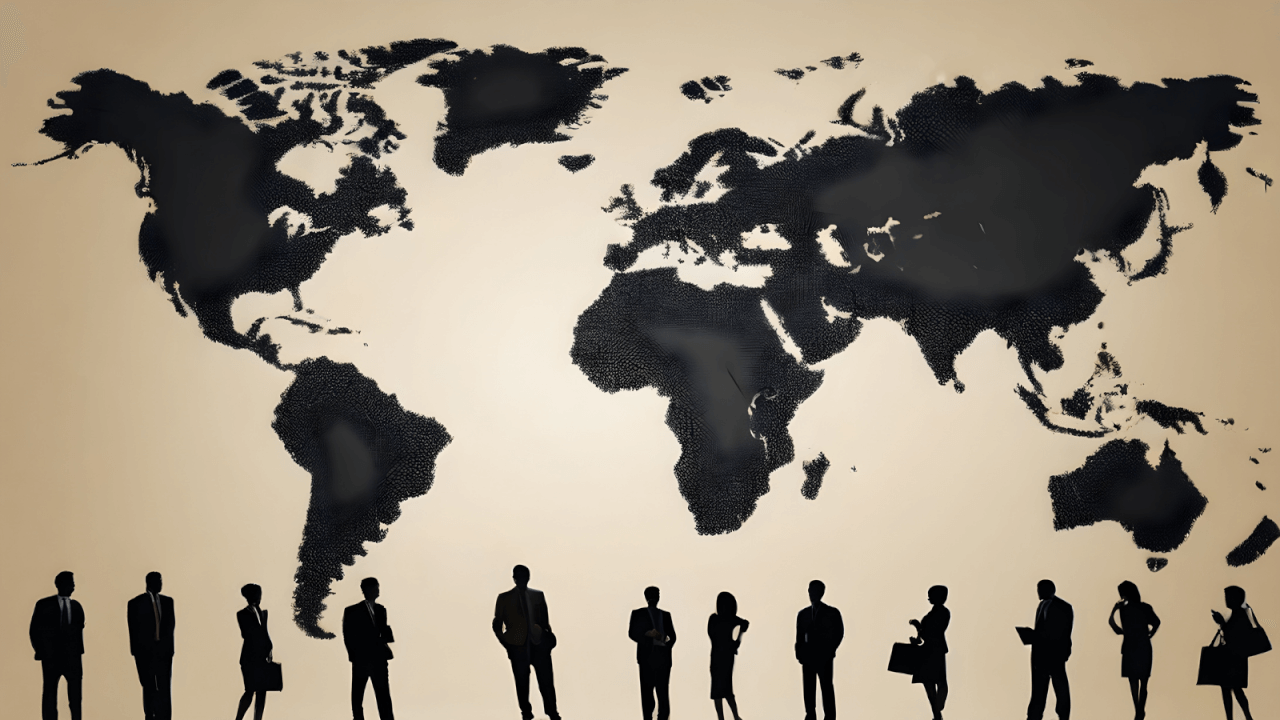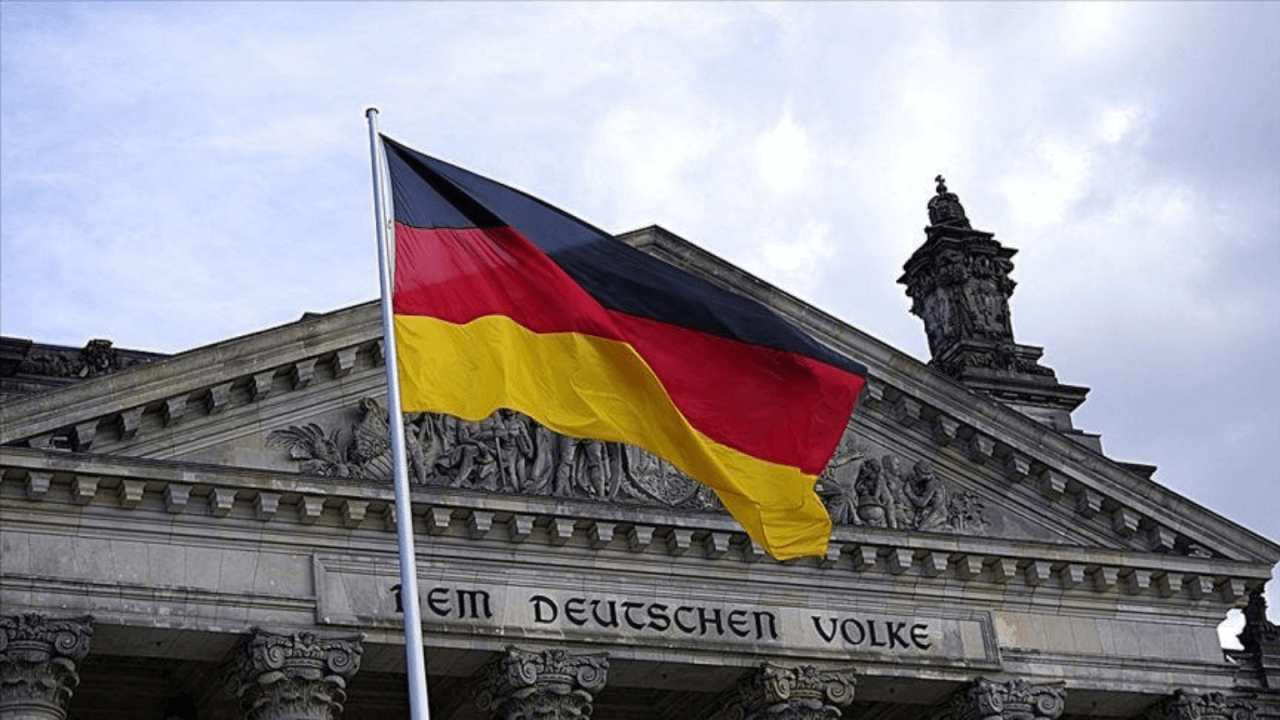The intensity of turbulence on the global arena has reached such high levels that the summit of the recently expanded organization called BRICS in Rio de Janeiro on 6-7 July attracted far less attention than the observers of high-levels shows on this arena had expected. The Rio summit was certainly a less pompous affair than the previous gathering in Kazan, Russia, but it has supplied a good amount of fresh data for analysis of the patterns of relations between the key states in the non-Western world, which is often described as the Global South.
One feature in these relations that President Luiz Inacio Lula da Silva, who presided over the summit, placed a particular emphasis on is that the common stance of the ten BRICS member-states (Saudi Arabia may become the eleventh) and twelve partner-states, when they are able to take one, is not anti-Western. This emphasis differs strikingly from the discourse advanced by Russia’s President Vladimir Putin, who tries to position himself as a champion of the struggle for dismantling the West-dominated world order. In his virtual address to the summit, Putin decried the “liberal globalization model” as obsolete and praised the “more just” multi-polar world. He couldn’t refrain from mentioning his favourite “golden billion” conspiracy theory, but didn’t mention the main front in Russia’s confrontation with the West – the Ukraine War.
The plain fact remains that Russia’s aggression against Ukraine was condemned by several resolutions of the UN General Assembly, starting with ES-11/1 adopted in March 2022, supported by the majority of African, Asian, and Latin American states, including Brazil. Russian diplomacy may count as a big success the point in the statement of the Rio summit condemning Ukrainian attacks on Russian railways, but it hardly counts for much in the clear trend of decline of Russia’s international influence and prestige. Putin’s stubborn pursuit of maximalist war aims and rejection of any compromises necessary for advancing a peace process are the key drivers of this trend, much to the frustration of many non-Western states that offered mediation, including Türkiye.
Putin’s inability to partake in the BRICS summit (caused by Brazil’s respect for the arrest warrant issued by the International Criminal Court) is symbolic and illuminates the obvious geopolitical fact: Russia cannot possibly belong to the Global South, whatever composition this vague notion implies. Moscow has no answers to the priority needs of the African, Asian, and Latin American states in modernization and development, no response to their concerns about the environment and climate change, and no capacity for providing humanitarian aid. Its grain export is contracting due to accumulating problems in the agricultural sector, and its traditional role as a major arms exporter is undercut so much that even India is turning to other suppliers. Russia’s ability to manipulate conflicts in the African Sahel has declined with the breakdown of the Wagner Group, and Putin’s warm embrace of Ibrahim Traore, youngish ruler of Burkina Faso, doesn’t help much in restoring respect among many democratically elected African leaders.
What is far more important for Putin than any networking among the so-called “world majority” is the personal connection with the US President Donald Trump, which he tries to cultivate, sparing no flattery. After weeks of fruitless communications, Trump has recognized that Putin’s niceties are “meaningless”, while in practical terms, “we get a lot of bullshit thrown at us by Putin”, which is hardly conducive for continuation of the superficially friendly dialogue. This apparent shift of attitude has coincided with Trump’s attack on “anti-American politics of BRICS”, which Lula – who had worked hard for softening any criticism of US policy, including the bombing of Iran’s nuclear facilities, in the joint statement – had to reject as “very irresponsible”. The real reasons behind Trump’s threat of additional tariffs are most probably shaped by the long-standing conversations in the BRICS format about reducing the reliance on the US dollar in international transactions, but the idea of launching a new currency (Putin is one of the advocates) remains a far-fetched proposition.
The most significant impact from Trump’s multi-directional assaults and affronts is in fact in undermining and compromising the US leadership in international affairs, which grants greater voice as well as the ability to make a difference to various rising powers, sometimes by default. China, for that matter, has emerged as a leader in the transition to “green” energy, which is perceived by the Trump administration as a part of the liberal political agenda. Opinions about Trump’s policy-making differ strikingly across the Global South, with strong negative marks in Indonesia, Türkiye, and key states of Latin America, and remarkably positive scores in Nigeria, Kenya, and India, according to the Pew Research Center survey. The Western coalition, which was re-energized by Russia’s invasion of Ukraine, has been weakened but not derailed, as Putin expects, and the NATO summit in The Hague has ensured its continuation. Regarding most issues and conflicts of importance for the African, Asian, and Latin American states, however, the geopolitical West has, to all intents and purposes, disappeared.
This abrupt US shift to undisguised and even blatant unilateralism doesn’t make cooperation between other power centers in the fast-evolving multi-polar world any easier, maybe even to the contrary. Tensions and rivalries between them, exemplified by the India-Pakistan confrontation, stand in the way of any joint efforts, and their declarations of respect for international law and sovereignty cannot stand the test of taking a firm stance on the case of Russia’s armed aggression against Ukraine. The privilege of being the standard bearer of universal norms and rules in international affairs has fallen on the EU, which is not quite up to the task, despite French President Emmanuel Macron’s solemn promise that Europe “will never abandon Ukraine”.
Historical track records of workings and failures of multi-polar state systems, like the Concert of Europe orchestrated by the 1815 Vienna congress or the Yalta/Potsdam system – Putin’s ideal arrangement dating back to 1945, give little ground for optimistic forecasts. Trump’s propensity to resolve entrenched armed conflicts by negotiating quick “peace deals” is also far from encouraging. The trend of uneven diffusion of power among multiple “poles” in the inherently unbalanced world system is progressing and accelerating, and the hope that ambitious leaders firmly set on putting their parochial interests first and making their domains “great again” would show responsibility in managing proliferating conflicts implies a stretch of strategic imagination. Russia has praised and promoted multipolarity for many years, but with its depressed economy, disastrous demography, and corrupt bureaucracy, it is destined to be a designated loser in this ruthless world system.








